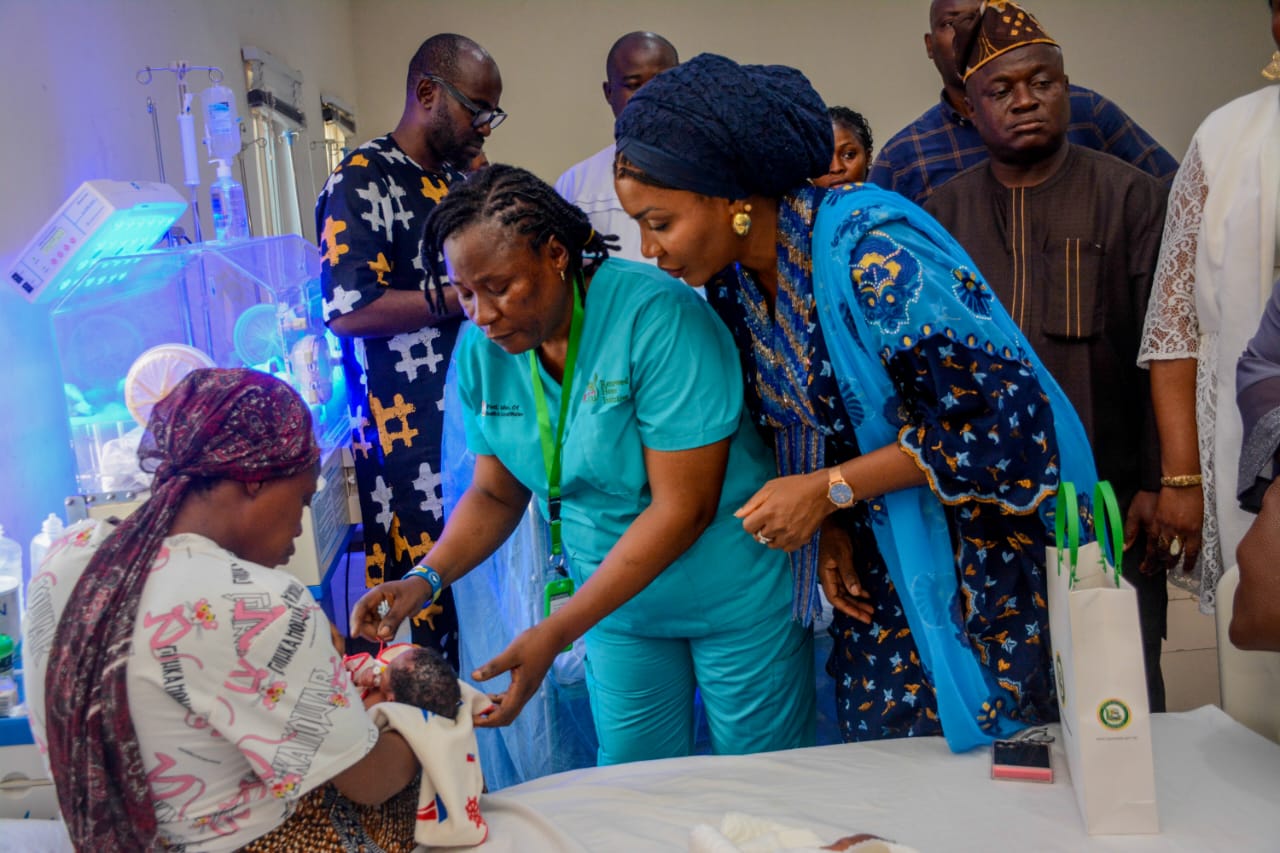Nigeria’s newly confirmed Chairman of the Independent National Electoral Commission (INEC), Prof. Joash Amupitan, SAN, has pledged to build a people-focused, technology-driven electoral system that leaves “no voter behind.”
He said the Commission would deploy drones where necessary to reach remote areas during elections.
Appearing before the Senate for his confirmation on Thursday, Amupitan outlined an ambitious roadmap to reform Nigeria’s electoral process through logistics overhaul, technology innovation, ethical accountability, and civic education.
“No voter will be left behind,” he declared. “We will invest in logistics and technology, and, where necessary, deploy drones with adequate safeguards, to ensure elections are conducted smoothly across Nigeria.”
The law professor, known for his reformist views, identified logistics as a major weakness in previous elections and promised to fix the chain that has repeatedly undermined credibility.
“We rely too heavily on third-party transporters. Vehicles break down, materials are delayed, and presiding officers are stranded. We must rethink that model, perhaps build an internal transport system for election logistics,” he said.
He assured that INEC would conduct a comprehensive audit of its technology and infrastructure to ensure reliability and security.
On the Bimodal Voter Accreditation System (BVAS) and the INEC Result Viewing Portal (IReV), Amupitan said both were “intended to be game changers” but fell short due to poor configuration and coordination.
“There was no clarity as to the exact purpose of BVAS and IReV until the Supreme Court clarified that IReV was not an electronic collation system,” he said.
“If confirmed, I will first conduct a full audit of INEC’s systems to determine what went wrong and whether we have the required infrastructure.”
He emphasized collaboration with the Nigerian Communications Commission (NCC) and the National Information Technology Development Agency (NITDA) to enhance network reliability and data security.
“INEC cannot do it alone. Technology must inspire confidence, not confusion,” he said.
The new chairman also announced plans to establish an Internal Ethics and Compliance Committee to monitor staff behaviour and ensure accountability.
“We need an internal mechanism that can track human behaviour,” he said. “Those who compromise the process will be sanctioned. Elections are only as credible as the people who conduct them.”
Amupitan also vowed to enforce transparency in INEC’s finances and procurement processes.
“Every kobo released to INEC will be used strictly for its intended purpose,” he said. “Our expenditures will be open to scrutiny. Nigerians deserve to know how their resources are used in safeguarding democracy.”
On voter registration, he pledged to decentralize and digitize the process, making it more accessible and seamless.
“With supportive technology, we can make registration easier and eliminate long-standing bottlenecks,” he said.
He also identified civic education as central to credible elections.
“We will undertake aggressive civic and voter education across the country,” he said. “When people understand the process, they are empowered to participate fully and freely. An informed electorate is less likely to be manipulated.”
Responding to questions from senators, Amupitan stressed fairness and transparency in staff appointments and said politically connected individuals would be disqualified where bias was apparent.
On whether university lecturers should continue to serve as returning officers, he said he would review reports from previous elections before making a decision.
He also promised to review election costs and strengthen collaboration with security agencies under a clearly defined code of conduct to prevent overreach.
“Transmission of results in real time is desirable and possible,” he said. “What we need is leadership will, infrastructure, and a secure technological backbone.”
After hours of screening, the Senate unanimously confirmed his appointment. Senate President Godswill Akpabio praised Amupitan’s composure and grasp of electoral issues, describing the session as reflective of Nigerians’ deep concerns about democracy.
“Distinguished colleagues represent millions of Nigerians who participated in the last elections. Their concerns are valid. What Nigerians want to know is whether things will change under your leadership,” Akpabio said.
He also urged the new INEC Chairman to work with lawmakers to reform local government elections, which he described as the weakest link in Nigeria’s democratic system.
“This winner-takes-all syndrome at the local level must stop,” Akpabio said. “Now that local governments enjoy financial independence, they must also enjoy electoral independence.”
Prof. Amupitan’s confirmation comes amid growing public skepticism about Nigeria’s electoral institutions. His pledge to anchor INEC on technology, ethics, transparency, and civic trust has raised cautious optimism.
“We are taking this position on trust,” he said in his closing remarks. “We owe Nigerians an electoral process they can believe in.”
As Nigeria looks ahead to future elections, Amupitan’s promise — of drones, discipline, and digital transformation — may well determine whether the country can finally achieve an electoral system that truly counts every vote and leaves no citizen behind.






